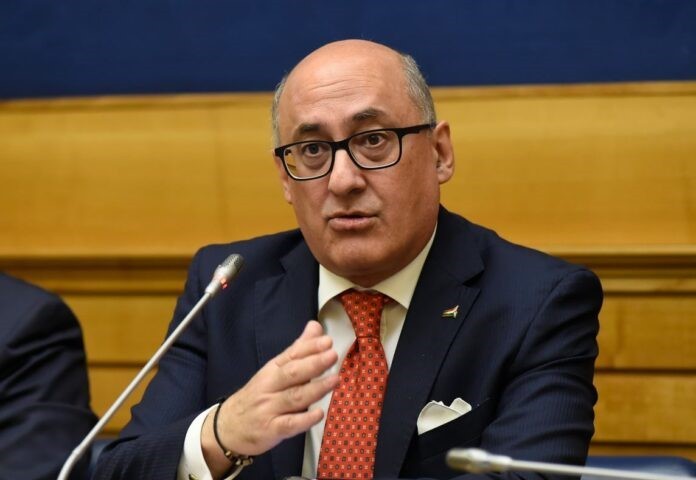
Small and medium-sized enterprises (SMEs), the backbone of the Italian economy with 80 percent of employment and 67 percent of added value, are ready to "play a fundamental role" in the Mattei Plan for the development of Africa. It was said Carlo Verdone, the president of Federitaly, federation created with the aim of promoting and protecting Italian entrepreneurial initiative and Made in Italy in the world, in an interview with "Nova Agency" in view of the mission of the Prime Minister, Giorgia Meloni, scheduled in Tunis on April 17th.
“Tunisia is of strategic interest for Italian companies and businesses both for its strategic position in the Mediterranean and as an operational base for other African countries and the Middle East. For this reason, Federitaly has chosen to be there with a highly qualified presence such as that of Sandro Fratini, president of the Italian-Tunisian business center Delta Center, to give life to a series of commercial initiatives, but also of a social nature, for the development of international relations, and have a very important base for our businesses and the entire operational chain in the wider Mediterranean", explained the president.
“Federitaly – added Verdone – is a vast and very complex ecosystem for which it first of all wants to bring protection and promotion of Italy on a global level and therefore also have bases for Italian companies present abroad”. In this regard, the number one of Federitaly explained that the Mattei Plan of over 5 billion euros, which will be on the agenda of the discussions in Tunis by Meloni, accompanied by the Minister of the Interior, Matteo Piantedosi, and by the Minister of University and Scientific Research, Anna Maria Bernini, “not only is it very ambitious, but also equally concrete. The companies associated with Federitaly - he highlighted - are all small and medium-sized enterprises ready to play a fundamental role because they can share knowledge, experience and Italian excellence in many sectors, as a generalist federation which includes within itself all the components of the economic system, from industry to agriculture, from commerce to services". SMEs, said Verdone, substantially contribute to the development of professionalism, knowledge and specific knowledge.
The Italian federation, added Verdone, is "very present in the field of advanced technological development and digitalisation, boasting a certification of origin and quality completely based on the blockchain. We have in our network organizations active at a global level that represent the excellence of the Italian digitalization system with specific knowledge of advanced technology, from IT systems to digitalization and new technologies such as artificial intelligence and metaverse". The latter sector is of great interest to the Tunis authorities who have recently launched a vast digitalisation strategy of the public, banking and administrative system, in step with the energy transition which aims to increase the share of renewable energy in overall production of energy to 35 percent (from the current 5 percent) by 2030, ensuring a secure, accessible and reasonably priced energy supply by 2035.
“Several companies are working on the creation of agricultural and wind farms, as well as the production of energy from the sea,” underlined the president of Federitaly. Tunisia is committed to diversifying energy sources and producing green energy which will be exported to Europe through the Elmed project, the "energy bridge" between Italy and Tunisia, which will run between the electric station of Partanna, in Sicily, and that of Mlaabi , on the Tunisian peninsula of Cape Bon, for a total length of approximately 220 kilometres, of which approximately 200 are crossed by a submarine cable, with a power of 600 megawatts and a maximum depth of approximately 800 metres, reached along the Sicilian Channel. Federitaly, for its part, is creating "a communication channel between Italy and Tunisia that can lead to a complex system of commercial agreements in various areas, including that of training" to promote legal and positive immigration, through the training of young people Tunisian professionals interested in working in Italy. Another sector of cooperation, which is also one of the five pillars of the Mattei Plan, is agriculture. “We believe we can make an essential contribution – concluded Verdone – to the development of advanced agricultural systems in Tunisia, in synergy with local government institutions and components”.
Source: https://www.agenzianova.com/en/news/the-president-of-federitaly-at-nova-sme-ready-to-play-a-fundamental-role-in-the-mattei-plan/

